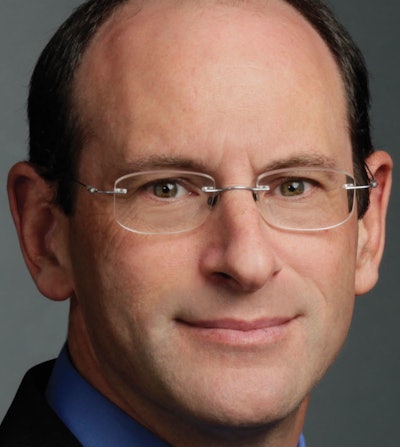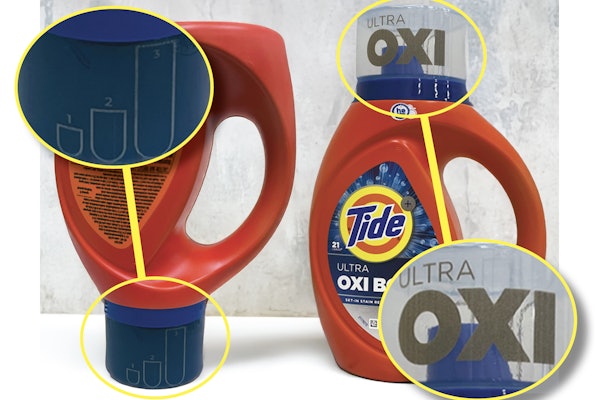
I’m not saying the world as we know it is about to end, but a big court just reached a big decision that might overturn FDA’s whole regulatory apple cart. In a nutshell, the court said FDA could not legally prohibit a drug company rep from promoting so-called “off-label” uses of its drug. That’s a big deal because FDA spends a lot of its time chasing around after drug companies for doing just that, and brings enforcement actions that result in billions of dollars in settlements from the drug companies.
If the case again is appealed and the U.S. Supreme Court upholds this decision, it would reverse about 100 years of FDA enforcement policies and practices, and make many aspects of its new drug approval system go “poof,” as we say in the law.
The case grew out of what has always been an odd truth about how drugs are regulated, and it goes like this: FDA won’t allow new drugs to be sold unless they are first approved by FDA for specific “intended uses,” and a drug that is approved for one intended use is not approved for any other intended use. Because of that, FDA has always said that drug companies are not allowed to promote their products for uses other than the ones that are FDA-approved (except in very limited ways and circumstances).
So far so good, but here’s the odd truth: FDA doesn’t regulate what doctors do, or how and when they prescribe drugs. So once the drugs are approved for marketing for any intended use, doctors are free to prescribe or use drugs for any intended use they see fit. They might learn about other, un-FDA-approved uses for drugs from medical journals or meetings, water cooler conversations, or their own cleverness. And when they then tell their patients to use it for that purpose, they do not violate any FDA law or regulations. (If anything goes wrong, they are subject to medical malpractice actions.)
So drug companies aren’t generally allowed to promote drugs for off-label uses, but doctors are allowed to prescribe and use drugs for off-label uses. And make no mistake, they do this a lot, and there are many drugs for which their off-label uses are responsible for a huge proportion of their total sales and use.
Well, one day, FDA prosecutes Alfred Caronia, a drug salesman. Caronia told doctors that the drug his company sells, Xyrem, was approved by FDA to treat cataplexy, a weakening or paralyzing of muscles, and excessive daytime sleepiness, both associated with narcolepsy. But Caronia was found to have also told doctors the drug could be used for other conditions, such as fibromyalgia and Parkinson’s disease, though it wasn’t approved by FDA for those intended uses.
FDA said that’s illegal because the drug doesn’t have proper labeling for the uses it’s not approved for, so it’s misbranded. And so you, Mr. Caronia, are charged with conspiracy to introduce, and actually introducing, a misbranded drug into interstate commerce. Caronia was convicted of conspiracy to introduce a misbranded drug into interstate commerce, and sentenced to a year of probation and 100 hours of community service.
Caronia defended himself at trial, and then on appeal, with a simple argument: My right of Free Speech under the First Amendment to the U.S. Constitution prevents the government from prohibiting me from talking about off-label uses of lawful drugs. The appellate court said yes, we agree, you have been charged with a crime and convicted for off-label promotion of a drug, and that is speech. And, your speech about the drug’s effectiveness for off-label uses was truthful and even lawful for others such as doctors to make, and the court said the government needs to have a very good reason to prohibit lawful speech, and here, the FDA’s reasons weren’t good enough.
Why not? Because, says the court, off-label use of drugs is not prohibited, and doctors and others talking about them isn’t, either, so FDA’s prohibition on drug makers’ free speech “does not directly advance its interest in reducing patient exposure to off-label drugs or in preserving the efficacy of the FDA drug approval process.”
If FDA can’t prohibit drug companies from promoting off-label uses of their approved drugs, a company would need only to get FDA approval for one use, then hit the streets with information about any and all additional uses they think are valid. Companies would still be subject to prosecution if their statements were false or misleading, for example if they promoted the drug for a use for which it was not in fact effective or safe.
The appeals court was a 2-1 decision by a three-judge panel. The one dissenting judge disagreed with the others quite vigorously.
We shall see what’s next. FDA might appeal to the whole appellate court, and even if they don’t, they might appeal to the U.S. Supreme Court. But the Supreme Court might not take the case, since no other appellate court has reached an opposite decision that would create a split that the Supreme Court would have to resolve. Right now the appellate court decision only applies to the area covered by that court (New York, Connecticut and Vermont), and it remains to be seen if FDA changes its enforcement strategies in light of it, or tries to get it reversed by the Supreme Court.
Whatever the next steps in this saga, it’s likely to mean a big change in the world of off-label drug promotion and FDA enforcement.

























